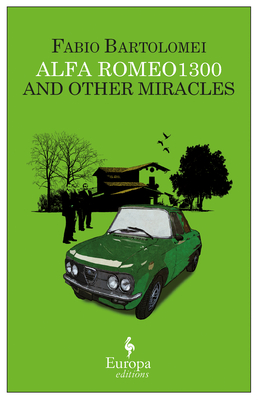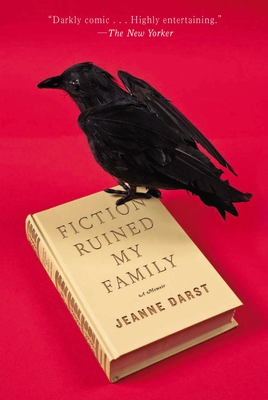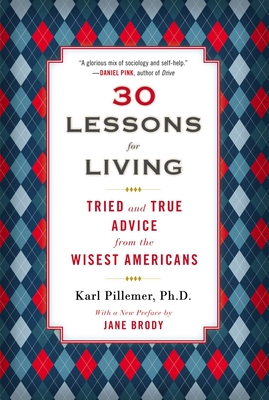Diego is a forty-something car salesman with a talent
for telling half-truths. Fausto sells watches over the phone. Claudio
manages (barely) his family-owned neighborhood supermarket. The
characteristic common to each of these three men is their abject
mediocrity. Yet, mediocrity being the mother of outrageous invention,
they embark on a project that would be too ambitious in scope for any
single one of them, let alone all three together. They decide to flee
the city and to open a rustic holiday farmhouse in the Italian
countryside outside Naples. Things would have been challenging enough
for these three unlikely entrepreneurs, but when a local mobster arrives
and demands they pay him protection money things go from bad to worse.
Now their ordinary (if wrongheaded) attempt to run a small business in
an area that organized crime syndicates consider their own becomes a
quixotic act of defiance.
A “miraculous” Italian comedy that will delight and surprise readers, Alfa Romeo 1300 and Other Miracles marks Fabio Bartolomei’s vivid debut.
Fairytale romances end with a wedding. The fairytales that don’t get
more complicated. In this book, celebrated writer Mr. Fox can’t stop
himself from killing off the heroines of his novels, and neither can his
wife, Daphne. It’s not until Mary, his muse, comes to life and
transforms him from author into subject that his story begins to unfold
differently. Meanwhile, Daphne becomes convinced that her husband is
having an affair, and finds her way into Mary and Mr. Fox’s game. And so
Mr. Fox is offered a choice: Will it be a life with the girl of his
dreams, or a life with an all-too-real woman who delights him more than
he cares to admit?
The youngest of four
daughters in an old, celebrated St. Louis family of prominent
journalists and politicians on one side, debutantes and equestrians on
the other, Jeanne Darst grew up hearing stories of past grandeur. And
the message she internalized as a young girl was clear: While things
might be a bit tight for us right now, it’s only temporary. Soon her
father would sell the Great American Novel and reclaim the family’s
former glory.
The Darsts uproot themselves and move from St.
Louis to New York. Jeanne’s father writes one novel, and then another,
which don’t find publishers. This, combined with her mother’s burgeoning
alcoholism—nightly booze-fueled weepathons reminiscing about her fancy
childhood—lead to financial disaster and divorce. And as Jeanne becomes
an adult, she is horrified to discover that she is not only a drinker
like her mother, but a writer like her father.
At first, and for years, she embraces both
activities—living in an apartment with no bathroom, stealing food from
her babysitting gigs, and raising rent money by riding the subway
topless and performing a one-woman show in her living room. Until
gradually she realizes that this life has not been thrust on her in some
handing-down-of-the-writing-mantle-way. She has chosen it; and until
she can stop putting drinking and writing ahead of everything else, it’s
a questionable choice. “For a long time I was worried about becoming my
father,” she writes. “Then I was worried about becoming my mother. Now I
was worried about becoming myself.”
Ultimately, Darst sets out to discover whether a
person can have the writing without the ruin, whether it’s possible to
be both sober and creative, ambitious and happy, a professional author
and a parent.
Filled with brilliantly flawed, idiosyncratic characters and punctuated by Darst’s irreverent eye for absurdity, Fiction Ruined My Family is a lovingly told, wickedly funny portrait of an unconventional life.
“Heartfelt and ever-endearing – equal parts
information and inspiration. This is a book to keep by your bedside and
return to often.” --Amy Dickinson, nationally syndicated advice
columnist "Ask Amy"
After a chance encounter with a remarkable ninety-year-old woman, renowned gerontologist Karl Pillemer decided to find out what older people know about life that the rest of us don’t. His quest led him to speak with a thousand Americans over the age of sixty-five—many of whom can remember the Depression and World War II. While some of their tales reaffirmed timeless wisdom, others surprised Pillemer with the unexpected. Now with a new preface by Jane Brody, 30 Lessons for Living distills their moving stories and hard-won advice. To learn how to live without regret, persevere through hard times, find fulfillment, and age fearlessly and well, there is no one better to ask than the people who have done it themselves.
This beautiful paperback edition features deckled edges and french flaps -- a perfect gift for any occasion.
After a chance encounter with a remarkable ninety-year-old woman, renowned gerontologist Karl Pillemer decided to find out what older people know about life that the rest of us don’t. His quest led him to speak with a thousand Americans over the age of sixty-five—many of whom can remember the Depression and World War II. While some of their tales reaffirmed timeless wisdom, others surprised Pillemer with the unexpected. Now with a new preface by Jane Brody, 30 Lessons for Living distills their moving stories and hard-won advice. To learn how to live without regret, persevere through hard times, find fulfillment, and age fearlessly and well, there is no one better to ask than the people who have done it themselves.
This beautiful paperback edition features deckled edges and french flaps -- a perfect gift for any occasion.




No comments:
Post a Comment